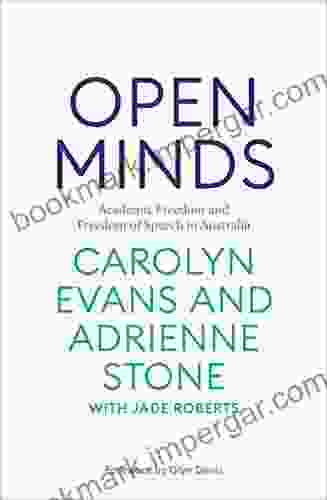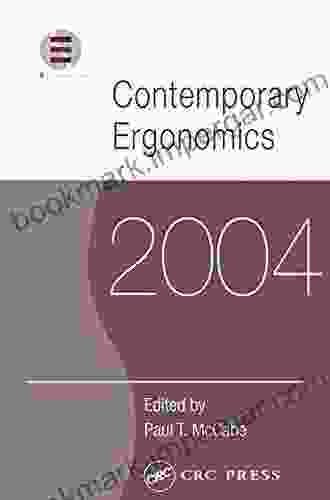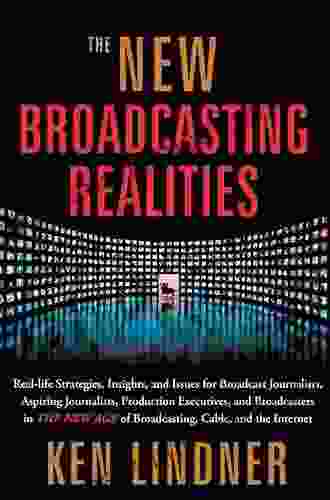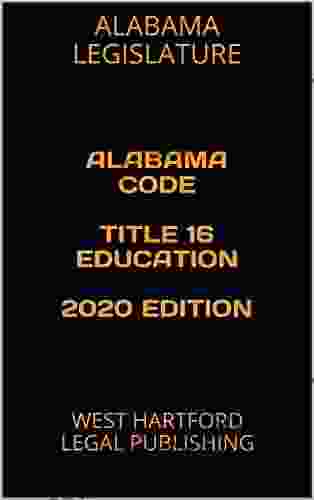Academic freedom and freedom of speech are fundamental principles that underpin a healthy and vibrant democratic society. In Australia, these rights are enshrined in the Constitution and have been interpreted by the High Court to protect the free exchange of ideas and information within academic institutions.
5 out of 5
| Language | : | English |
| File size | : | 1737 KB |
| Text-to-Speech | : | Enabled |
| Enhanced typesetting | : | Enabled |
| Word Wise | : | Enabled |
| Print length | : | 233 pages |
| Screen Reader | : | Supported |
This comprehensive guide will explore the interconnectedness of academic freedom and freedom of speech in Australia, examining their historical development, legal protections, and contemporary challenges.
Historical Development
The concept of academic freedom has its roots in the medieval universities of Europe, where scholars were granted the right to teach and research without fear of censorship or reprisal.
In Australia, academic freedom was first formally recognized in the 1950s, when the University of Sydney adopted a charter that guaranteed the academic freedom of its staff and students.
Since then, academic freedom has become a cornerstone of the Australian higher education system. It is protected by legislation, such as the Higher Education Support Act 2003, and by the policies of universities and other educational institutions.
Legal Protections
In Australia, academic freedom is protected by a number of legal provisions, including:
- The Constitution of Australia, which guarantees the freedom of speech and expression
- The Higher Education Support Act 2003, which prohibits universities from taking action against staff or students for expressing their views in a responsible manner
- The policies of universities and other educational institutions, which often include specific provisions protecting academic freedom
These legal protections help to ensure that academic freedom is respected and upheld in Australian higher education.
Contemporary Challenges
Despite the strong legal protections in place, academic freedom and freedom of speech are facing a number of contemporary challenges in Australia.
These challenges include:
- The rise of social media, which has made it easier for people to spread misinformation and attack academics for expressing unpopular views
- The increasing corporatization of higher education, which has led to concerns that universities are becoming more risk-averse and less tolerant of dissent
- The growth of national security laws, which have been used to target academics and students who are critical of the government
These challenges are putting academic freedom and freedom of speech in Australia under strain. It is important to be aware of these challenges and to work to defend these fundamental rights.
Academic freedom and freedom of speech are essential for a healthy and vibrant democratic society. In Australia, these rights are enshrined in the Constitution and are protected by a number of legal provisions.
However, academic freedom and freedom of speech are facing a number of contemporary challenges. It is important to be aware of these challenges and to work to defend these fundamental rights.


























































































